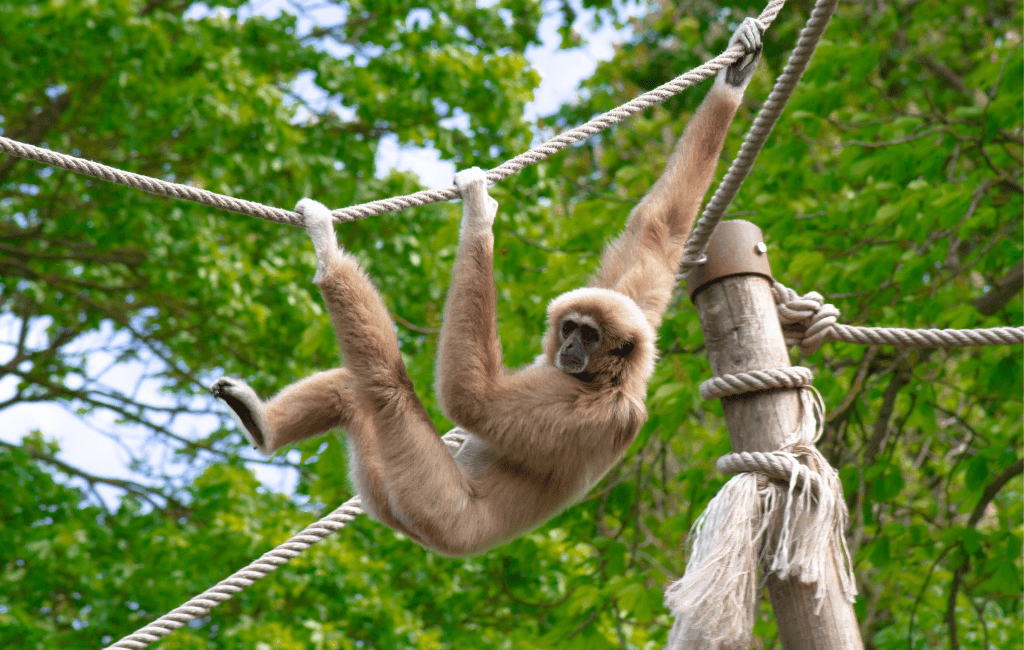Develop and strengthen your skills
TRAINING: Exhibit design in zoos
The habitat plays an essential role in the welfare of your animals, but is also crucial for your team and for the perception of visitors.

Pedagogical objective
Participants will gain an understanding of the fundamental principles needed to design structural modifications that enhance animal welfare when creating new structures or modifying existing ones.
Skills acquired at the end of the course
- Understand the needs of animals in relation to their environment
- Identify the different objectives and roles of enclosures to better balance: animal welfare, practicality for the team, and public interest.
- Knowledge of safety regulations for animals, workers, and visitors.
- Ability to explain the role and importance of enclosure design to visitors: scenography and landscaping.
- Propose examples of infrastructures adapted to the physical and social needs of species
Course content
Module 1: Stakeholders and general aspects
- Animals, team, visitors
- Construction, renovation, and refurbishments
- Reminder of current regulations as well as hygiene and safety rules
- Energy and environmental impact of installations
Module 2: Presented animals
- Knowledge of species
- Living environment and environmental complexity
- Landscaping
- Case of multi-species enclosures
Module 3: Team
- Impact of layouts on daily animal management
- Safety of installations
Module 4: Visitors
- Visitor-animal interactions
- Scenography and education
Module 5: Planning
- Communication between different stakeholders
- Scheduling and project management
Workshops and practical exercises:
Analyse the strengths and weaknesses of existing enclosures (animal welfare, practical and logistical aspects, visitor perception, safety).
Pedagogical, technical, and supervisory resources
The course includes theoretical contributions, workshops and practical exercises, discussions and feedback. In the training room, the course is led using visual aid (PowerPoint and audiovisual material), while the workshops and practical exercises are carried out within the zoo.
Prior to the training, a preparatory meeting (either via phone or face-to-face) will be held with the supervisors to prepare for the course.
Monitoring and assessment
half-day of course. The acquisition of skills is assessed during the course (training games, role-playing, etc.).
The course is assessed based on its quality and the effectiveness of the instructors, using a questionnaire that each participant fills anonymously. A certificate of completion is issued to each participant at the end of the course.
Information
- Public :
- Keepers and animal care team, educational team.
- Capacity :
- 12 people maximum
- Prerequisites :
- Zookeepers, landscapers, technicians, pedagogical team.
- Duration :
- 2 days
- Location :
- On site
- Price :
- Please contact us for a quote
1out of 5 stars
Accessibility
Our training courses are part of a dynamic of accessibility for all. To optimise the quality of our care, people with disabilities are invited to inform us as soon as they contact us, specifying the nature of their disability.